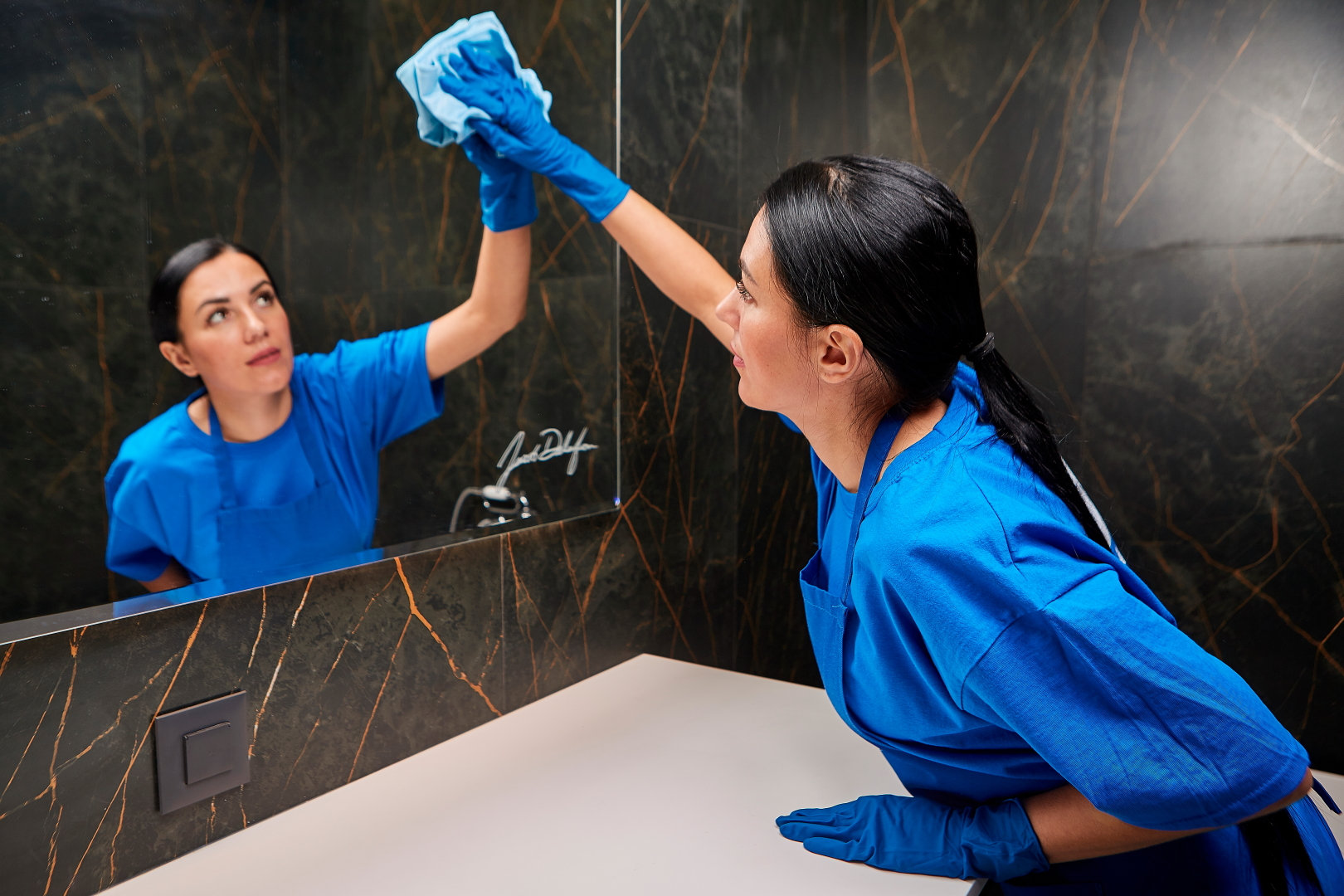The Ultimate Guide to Facade Cleaning: Costs, Methods, and Essential Tips for Homeowners
Keeping the exterior of your home looking pristine adds to its curb appeal and can significantly increase its value. However, the costs and methods of facade cleaning can vary widely, leaving homeowners feeling overwhelmed. This guide aims to demystify facade cleaning, providing essential insights into the costs involved, the most effective cleaning methods, and answers to frequently asked questions. By understanding these elements, you can make informed decisions that will not only enhance the beauty of your home but also contribute to its longevity.

Understanding Facade Cleaning Costs
When it comes to facade cleaning, homeowners often have questions about what to expect in terms of costs. The average cost of professional facade cleaning ranges from $0.15 to $0.35 per square foot. However, factors such as the type of facade, the level of dirt accumulation, and geographical location can all influence the final price.
Type of Facade
Different materials require different cleaning techniques, which can affect costs. Here are some common types:
- Brick: Generally, brick surfaces are reasonably priced for cleaning, averaging around $0.20-$0.25 per square foot.
- Vinyl: This is one of the most economical options, averaging about $0.15-$0.20 per square foot.
- Stucco: The average cost ranges from $0.25 to $0.35 per square foot.
- Wood: Expect to pay around $0.30-$0.50 per square foot due to the delicate nature of the material.
Level of Dirt Accumulation
If your facade has not been cleaned in years, you may require deep cleaning services, which can add to the cost. For homes with significant grime build-up, expect additional charges of $100-$500 depending on severity. Regular maintenance cleaning, on the other hand, is usually more cost-effective.
Geographical Location
The cost of labor varies by region. Urban areas with a higher cost of living may charge more than rural locations. Always request quotes from multiple providers to establish a fair price for your location.
Popular Facade Cleaning Methods
Selecting the right cleaning method is as important as understanding the costs. Here are the most commonly used facade cleaning methods:
1. Pressure Washing
Pressure washing utilizes high-pressure water jets to remove dirt and grime. It is effective for many materials and can range from $0.15 to $0.30 per square foot. Keep in mind that high-pressure washing isn't always suitable for delicate surfaces like wood; use caution.
Tip: Always hire trained professionals to avoid damaging your facade.
2. Soft Washing
Soft washing employs a lower pressure technique combined with professional-grade detergents to eliminate mildew, bacteria, and dirt without the risk of damage. This method is particularly effective for roofs and delicate materials, with prices ranging from $0.30 to $0.50 per square foot.
3. Chemical Cleaning
For specific types of stains, such as oil or rust, chemical cleaning may be necessary. This involves using specialized cleaning solutions that target particular stains. Expect to pay on the higher end, around $0.50 per square foot, given the labor and materials required for effective stain removal.
4. Hand Scrubbing
For those who prefer a DIY option, hand scrubbing can be effective for small areas. However, it is labor-intensive and may not deliver the same results as professional services, making it less advisable for larger facades. Homeowners typically spend $50 to $150 for basic supplies and equipment.
Frequently Asked Questions about Facade Cleaning
-
How often should I clean my home’s facade? Routine cleaning is recommended at least once a year, especially in areas with high humidity or pollen levels. Season changes may necessitate more frequent cleanings.
-
Can I clean my facade myself? While DIY cleaning is possible for smaller areas, professional services often yield better, longer-lasting results, especially for extensive or challenging surfaces.
-
What is the best time of year to clean? The best months are typically late spring or early fall, when temperatures are milder, and moisture levels are lower, preventing quick re-soiling.
-
Will cleaning damage my facade? When conducted by professionals who understand the appropriate methods and materials for each facade type, cleaning shouldn't cause damage. Always consult with service providers about their techniques and whether they offer guarantees.
The Emotional Benefits of Regular Facade Cleaning
While the financial and practical aspects of facade cleaning are crucial, the emotional benefits should not be overlooked. A clean facade promotes pride in homeownership and enhances your overall well-being. Visitors and passersby are likely to notice and appreciate a well-maintained property, creating a positive atmosphere in the neighborhood.
Key Takeaway: The Cost-Benefit Analysis of Professional Services
Investing in professional facade cleaning can save homeowners money in the long run. Regular maintenance prevents the accumulation of harmful substances like mold and mildew, which can lead to more significant repairs. A study indicated that homes with well-maintained exteriors sold for up to 10% more than neglected homes.
Conclusion: Take Action to Enhance Your Home's Appeal
In summary, understanding the costs and methods of facade cleaning empowers homeowners to make decisions that enhance the beauty and stability of their homes. While it may require time and investment, those willing to invest in routine cleaning will see returns both aesthetically and financially. Don't delay—schedule your facade cleaning today to protect your investment and revitalize the charm of your home. Home is where the heart is, and a clean, cared-for facade reflects just that! Take the first step towards a pristine home exterior now!















